Research is what drives innovation. Research allows businesses to understand what consumers want and to create new lines of business.
Consider this quote from the American inventor Charles F. Kettering: “Research is an organized method of trying to find out what you are going to do after you cannot do what you are doing now …. That means constant improvement and change so that the customer will be stimulated to desire the new product enough to buy it to replace the one he has.”
Kettering’s quote clearly states the importance of research. Without research, businesses risk offering products that no longer interest people, ultimately becoming irrelevant to their customers. How can you develop research questions that yield the answers you need to in order innovate?
Effective research starts with the right question
To write your own research question, you must first find the right one. If your question is too broad and far-reaching, it’s unlikely that you’ll get useful answers.
An example of an overly broad question might be, Does diet affect a student’s ability to study? Inherently, we suspect that the answer is yes. However, there are so many variables that the question is too broad to offer real insight.
A more useful, focused question would be, Does a protein-rich diet improve a student’s ability to study? Now our question is more testable and, therefore, answerable.
Keep in mind that it’s also possible to make a question too narrow. This can make it very difficult for your researchers to find answers.
After you have the right question, try researching it yourself as a test to see if you can answer it. Before typing it into Google, ask, Can my researcher give a good response to my question? If the answer is yes, your question is likely solid.
Now, let’s dissect research questions to learn what takes them from good to great.
5 tips for writing better research questions
- Keep your audience in mind
- Focus on one specific topic or problem
- Don’t ask yes-or-no questions
- Do not simply ask “why.”
- Allow for debate and elaboration
Improving your research questions begins with understanding your subject or, in the case of surveys, understanding your audience. Good research questions are carefully worded to yield quantifiable answers. Below are five tips for improving your questions:
- Keep your audience in mind. Your audience is the single most significant consideration when conducting research. Understanding how they think is the key to making good decisions about what material to include in your question, how to organize your question, and how best to formulate it.
- Focus on one specific topic or problem. A narrowly focused question gives researchers better direction and improves survey response times. The responses you get are much more likely to be relevant than with more general questions.
- Don’t ask yes-or-no questions. Good research questions allow for a comprehensive answer. Yes-or-no answers don’t provide the contextual data needed to spark new ideas.
- Do not simply ask “why.” “Why” questions are usually too broad to serve as good research questions. Instead, try using variations on “what” or “how” questions. For example, make your research question more effective by asking, What are the main factors contributing to X? Or, How is X influenced by Y?
- Allow for debate and elaboration. Questions that spark conversation and more questions are key to inspiring new ideas. Give respondents a way to expand on their thoughts and tell you why, if they want to.
Good research questions can generate new ideas that will drive innovation for years to come.
Research questions are the catalysts for research
Effective and thorough research starts with well-considered questions. Research questions focus our attention on the topics that really matter, while the answers we get can expand our thinking, enabling us to consider novel solutions.
While crafting the question is important, capturing the data from your survey questions is crucial. With Jotform, you can easily create online forms to conduct surveys and collect research. We have more than 250 survey form templates. Try one for free today.
















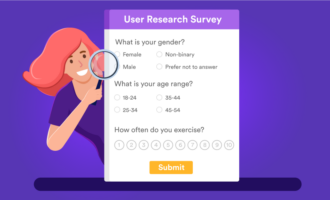








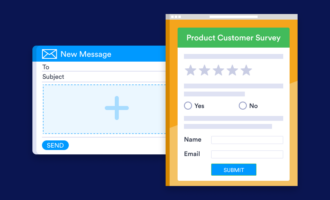











































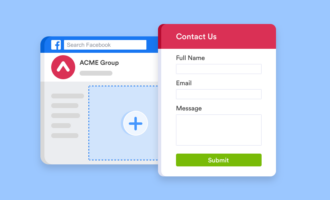

























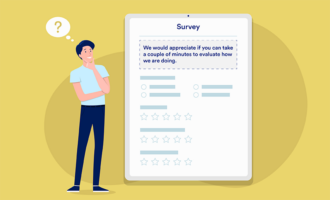

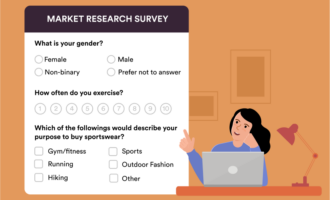





Send Comment: